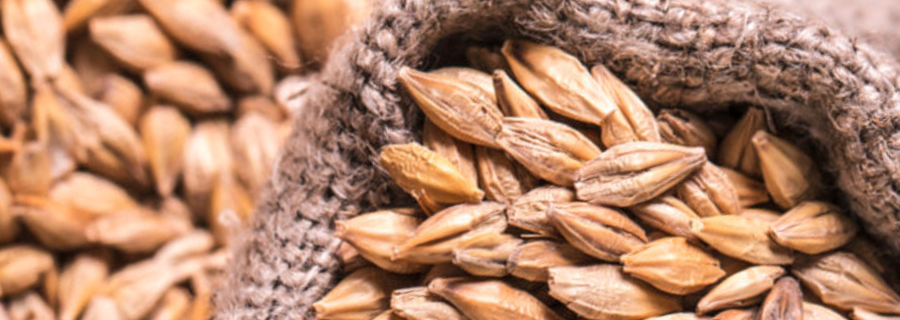China has decided today to lift its 80.5 per cent tariff on Australian barley imports, effective tomorrow, August 5th. China's commerce ministry released a notice stating that, due to the changes in the Chinese barley market, it is no longer required to maintain the anti-dumping duties and countervailing duties on Australian barley imports.
The move marks a significant development for international trade. Anti-dumping tariffs and countervailing duties were initially imposed in mid-2020 during heightened diplomatic tensions between China and Australia and had wiped out trade worth nearly USD 1billion a year. (inside.beer, 11.5.2020)
The imposition of these tariffs had led to strained trade relations, affecting various Australian exports, including wine, red meat, lobsters, and timber. However, in January, China also resumed Australian coal imports, indicating a gradual improvement in trade ties.
This decision comes after Australia agreed to temporarily suspend its World Trade Organization (WTO) complaint against China's imposition of high duties on Australian barley in 2020. This move paved the way for Beijing to expedite its review of the tariff decision. (inside.beer, 14.4.2023) As a result, Australia will discontinue legal proceedings at the WTO.
Beijing's decision comes now as a positive sign of improving bilateral relations between the two countries.
The positive outlook extends beyond barley imports, as Australian authorities expect a similar process for the removal of duties on Australian wine. China had introduced a crushing five-year tariff on Australian wine in March 2021.
The lifting of tariffs on Australian barley could also ease food price inflation concerns in China following Russia's withdrawal from the Black Sea Grain Initiative. This agreement had facilitated the export of Ukrainian agricultural products, including barley, to China. China was the top recipient of Ukrainian agricultural products, and Russia's exit from the agreement had raised worries about the availability and price of these commodities.
As China is one of Moscow's close strategic allies and a major player in the global economy, the United States and its Western allies are looking to China to help address the consequences of Russia's withdrawal from the agriculture deal.
Australia's export relationship with China has been significant, with Australia exporting more into China than it imports from the country. However, diplomatic tensions escalated after Australia supported an international inquiry into China's handling of the COVID-19 pandemic.
With the lifting of tariffs, the re-entry of Australian barley into the Chinese market is expected to benefit both nations and strengthen economic ties between them.

